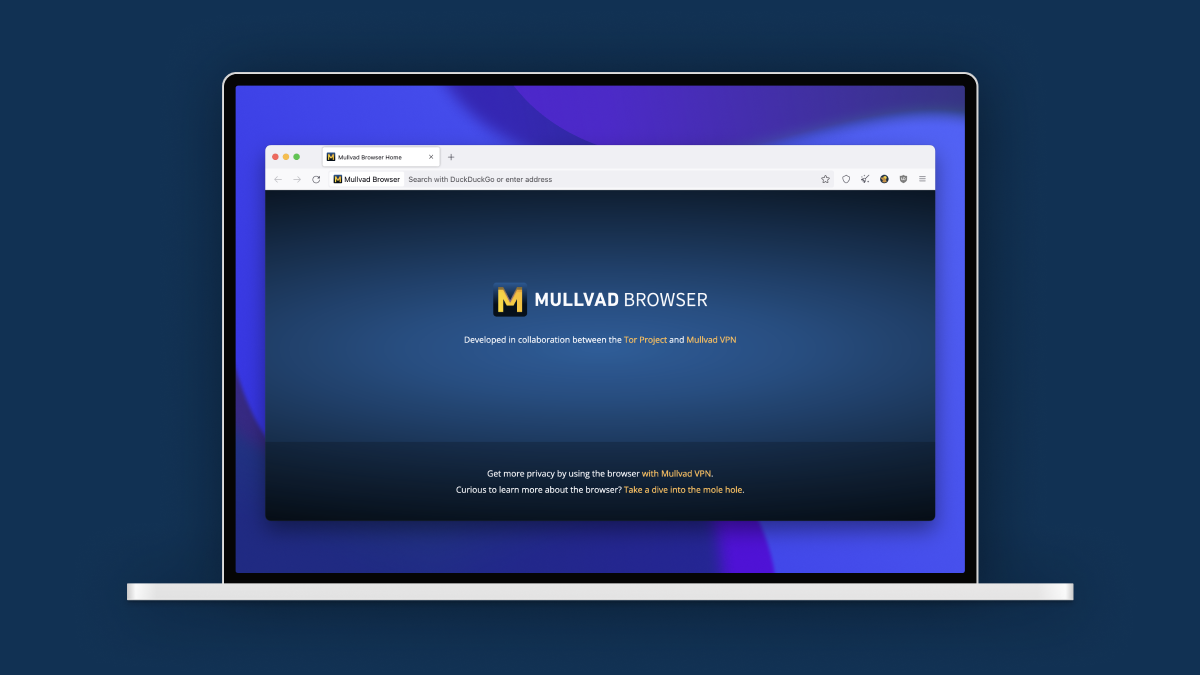We've Teamed Up With Mullvad VPN to Launch the Mullvad Browser | Tor Project
blog.torproject.orgWe have partnered with Mullvad VPN to develop the Mullvad Browser - a Tor Browser without Tor
You must log in or register to comment.
A place to discuss privacy and freedom in the digital world.
Privacy has become a very important issue in modern society, with companies and governments constantly abusing their power, more and more people are waking up to the importance of digital privacy.
In this community everyone is welcome to post links and discuss topics related to privacy.
Some Rules
- Posting a link to a website containing tracking isn’t great, if contents of the website are behind a paywall maybe copy them into the post
- Don’t promote proprietary software
- Try to keep things on topic
- If you have a question, please try searching for previous discussions, maybe it has already been answered
- Reposts are fine, but should have at least a couple of weeks in between so that the post can reach a new audience
- Be nice :)
Related communities
much thanks to @gary_host_laptop for the logo design :)
- 0 users online
- 108 users / day
- 435 users / week
- 1.32K users / month
- 4.54K users / 6 months
- 1 subscriber
- 4.65K Posts
- 117K Comments
- Modlog







Is the browser not open source? And hence a binary could be built for it to test and verify the degree of privacy to it?
A VPN operator can intercept all the traffic by design. TOR avoids that by going over multiple hops, but this browser doesnt use TOR.
The first thing i did upon installing the browser to test it is uninstall the VPN extention. Im very skeptical of the browser myself but im wondering how much grounds your argument against the browser holds. Wouldnt the open-source nature (and hence being able to create our own binaries) and the firefox base create a decent enough privacy experience? One could even scientifically test the telemetry with the right tools, right?
If you disable the VPN then my previous argument doesnt apply. It would probably be more secure than normal Firefox, assuming you trust the developers.